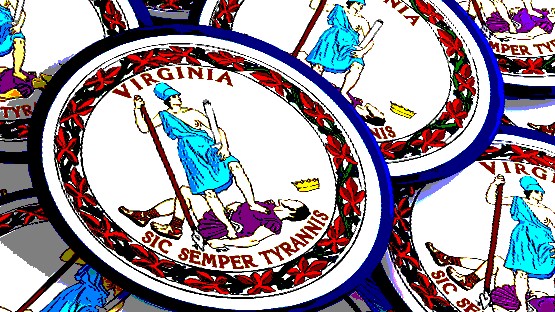Dear EarthTalk: What is so-called green patent sharing and how does it work?
– Bill Gilmore, Albuquerque, N.M.

The concept of patent sharing isn’t new. Back in the 1850s the four major manufacturers of sewing machines in the U.S. got tired of fighting over patent infringement and joined ranks in a patent sharing pool. Outside manufacturers would have to pay licensing rights to the pool, but otherwise the four partner companies were free to make use of any and all shared patents.
It took another 150 years, though, for green patent sharing to institutionalize. In 2008, the World Business Council for Sustainable Development (WBCSD) created the Eco-Patent Commons, an online exchange of green-friendly patents that can be downloaded and used for free. Eleven companies—Bosch, DowDuPont, Fuji, HP, IBM, Nokia, Pitney Bowes, Ricoh, Sony, Taisei and Xerox—have pledged over 100 different patents to the Commons to try to encourage new innovations in sustainability and conservation.
“Companies are increasingly realizing the value of partnering and sharing expertise on sustainability issues,” says Wayne Balta, IBM’s Corporate Environmental Affairs VP. “The Eco-Patent Commons provides an opportunity for business to share intellectual property that can further sustainable development.”
A few examples of patents available in the commons include; a battery recycling kiosk for consumers to swap out their used batteries for new replacements; a process that eliminates the need for antioxidant metal coatings in the assembly of microchips and circuit boards; a lab-designed organism that lights up to indicate the presence of pollutants in water treatment facilities; and environmentally superior refrigerants to replace the ozone-destroying fluorocarbons phased out by the Montreal Protocol and other international agreements. These shared patents and dozens more are accessible via WIPO GREEN, an online marketplace for sustainable technology.
The concept of green patent sharing came up recently with the worldwide launch of Al Gore’s new movie, An Inconvenient Sequel: Truth to Power. The film documents a December 2015 phone call that Gore made to try to convince SolarCity CEO Lyndon Rive to be the corporate hero of the Paris climate accord by offering holdout India free use of his company’s photovoltaic patents to ease the costs of, and hasten the country’s transition away from, fossil fuels. Indian negotiators had been complaining that they could not get access to enough credit to pay for the expensive transition to solar on their own.
It isn’t clear by the end of the movie whether Rive extended the offer (he did) nor whether it had any impact on India’s decision to join the rest of the world in eventually signing onto the Paris accord (Indian negotiators say the patent sharing offer wasn’t a factor). Regardless, there’s been no evidence of any intellectual property transfer to date, although SolarCity “formally invited” Indian officials to visit its headquarters in 2016, so the wheels could be in motion.
CONTACTS: WBCSD, www.wbcsd.org; WIPO GREEN, www3.wipo.int/wipogreen/; SolarCity, www.solarcity.com.
EarthTalk® is produced by Roddy Scheer & Doug Moss and is a registered trademark of the nonprofit Earth Action Network. To donate, visit www.earthtalk.org. Send questions to: [email protected].










